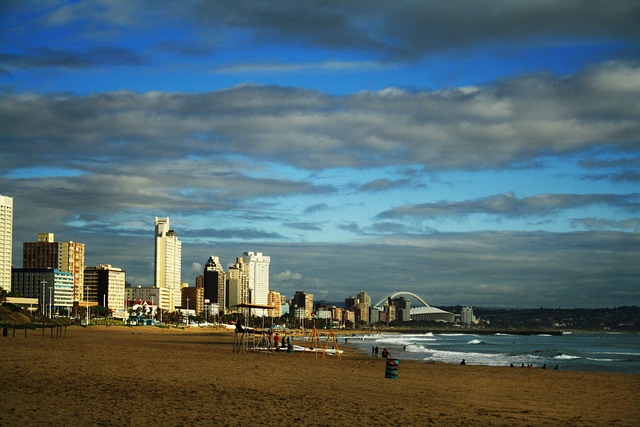Cape Town — The eThekwini Municipality has temporarily closed two beaches in Umhlanga after two unidentified brown substances, suspected to be either dog or human faeces, were discovered on the sand.
City spokesperson Gugu Sisilana said officials became aware of the issue after videos circulated on social media.
As a precaution, Umhlanga Main Beach and Bronze Beach were closed while the city’s water and sanitation unit analyzes the samples, TimesLIVE reported.
“We cannot confirm if the balls are human waste until after the laboratory investigation. We caution media against reporting unverified information. The city has always been transparent about issues relating to beach water quality, hence an investigation is under way to trace the source of the ‘balls’ and get to the bottom of the matter,” Sisilana said.
According to IOL, Sisilana also addressed reports of E.coli at the beaches, cautioning the media against the spread of unverified claims.
Sisilana said the infrastructure failure was a result of constant theft and vandalism of the city’s sewer infrastructure and illegal connections to the sewer system. These, she said, are the main contributing factors to pollution and E coli, particularly in estuaries and beaches.
“The city is making every effort to attend to all infrastructural defects that may pose a risk to the environment and urges the public to report vandalism and the theft of infrastructure to police so that perpetrators are apprehended.
“Fishermen are urged to adhere to the fishing restriction at the uMngeni estuary and Blue Lagoon until further notice while the investigation is under way.”
Ward councillor Bradley Singh has advised the public not to touch the balls if they come across them.
“The department is aware of the situation and teams are going to investigate its origins and also clear them from the shore,” Singh said.
According to The Citizen, eThekwini has not applied for Blue Flag status accreditation in several years due to its failure to meet water quality standards since 2021. A beach’s Blue Flag status is determined by water quality, specifically the E. coli concentration at various points along the shoreline.
This is measured by the number of colony-forming units (CFU) per 100 millilitres of water. A count below 150 CFU is considered good, while anything above 500 CFU is deemed poor, often resulting in beach closures.
In December 2024, eThekwini stated that 21 of its beaches were declared safe for swimming.
Follow African Insider on Facebook, Twitter and Instagram
Picture: Pixabay
For more African news, visit Africaninsider.com
Compiled by Matthew Petersen


